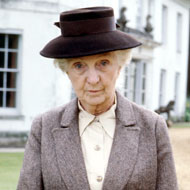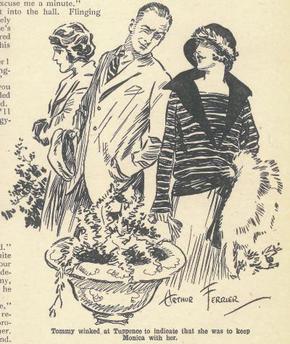I’ve always liked the name Will. William seems stodgy to me, and Bill boring (or, as one William I know once put it, “a bill is a duck’s mouth, NOT a person’s name”), but I do like Will.
I put the responsibility for that squarely on the shoulders of two authors: Susan Cooper, for her fantastic Will Stanton; and Terry Brooks, for Wil Ohmsford of The Elfstones of Shannara.
I still vividly remember finding this book for the first time. It was at our old library, the one we’d been going to since before I was born. I had looked through the entire children’s section and realized that I had read, if not all the books, almost all of them, and certainly all the ones that interested me (the Goosebumps books were completely safe from ever being borrowed by me). So, for the first time ever, I crossed the middle of the library into the adult section. I have no idea how old I was.
The above cover was the first thing I saw in the adult section. The very word “elfstones” caught my interest, followed very quickly by the Robin Hood-esque characters pictured. I added it to my pile, brought it home, started reading, and was instantly immersed.
The second Brooks book I read was The Druid of Shannara, which confused me horribly until I realized we were talking two separate Ohmsford generations, here. I didn’t care so much about Walker, but I loved all the tidbits about Wren, and, not having Wikipedia at my fingertips back in those days, went back to the library and found all the Shannara books they had and began skimming them, trying to find the one that would tell me more about Wren. I finally found The Elf Queen of Shannara, and as you might have guessed, loved every word. I think I named a character “Wren” in every story I wrote for ages after that. She was awesome.

Over time, I’ve read all of the Shannara books except the short stories and graphic novels (and finally got them all in the right order), and most of the Landover series, too. I also read
Sometimes the Magic Works, which is still probably my favorite book on writing, from a writer, ever (I also really love Madeleine L’Engle’s
A Circle of Quiet, but that’s more of a book on life, from a writer, than just a book on writing).
As I’ve grown and broadened my fantasy horizons, I can see a lot more of the flaws in Brooks’ writing than before. He certainly has no shame in utilizing tropes, or in using the same ideas and themes over and over (and over and over). His best books are, I think, his Word & Void books, which are gritty and dark, magic mixing with modern reality in a completely believable (and terrifying) way. The fantasy ones get repetitive after a bit, and I think the ones set in the more “modern” fantasy times (The Voyage of the Jerle Shannara books, and the High Druid books) are his weakest. My personal favorite is still Elfstones, both because it is the first I ever read, and for its characters – Wil, Amberle, Eretria, and Prince Ander.
Brooks is one of those rare writers who combines brilliant world-building with unique and dimensional characters (for the most part. Like I said, the later books get repetitive). And while someone today might dismiss him as following too many tropes, you have to remember that he is directly responsible for some of those things becoming tropes – other writers have copied off of him, turning his originality into tropes.
Sacrifice on a personal level for a greater, impersonal good is a continuing theme woven throughout his works. So is familial love, stronger than any spell. So is the seductive lies of evil contrasted with the harsh reality of good. So is the idea of one person, no matter how seemingly insignificant, refusing to give in to hatred and darkness, and turning the tide of the battle.
Cliches? Maybe. Truths that are important for people to be reminded of, even in fantasy version? Absolutely.
Not all evils can be fought with a sword (or elfstones). But evil can and must be fought every day, in all its various forms, by those who love peace, love goodness, love love itself. And I for one always appreciate the reminder of that I always get in Brooks’ works, and try to incorporate some of those truths in all my own works, whether it be the obvious point of the story or simply the truth hidden behind my writing.
Heroes don’t always look heroic, but the world needs them just the same.

















